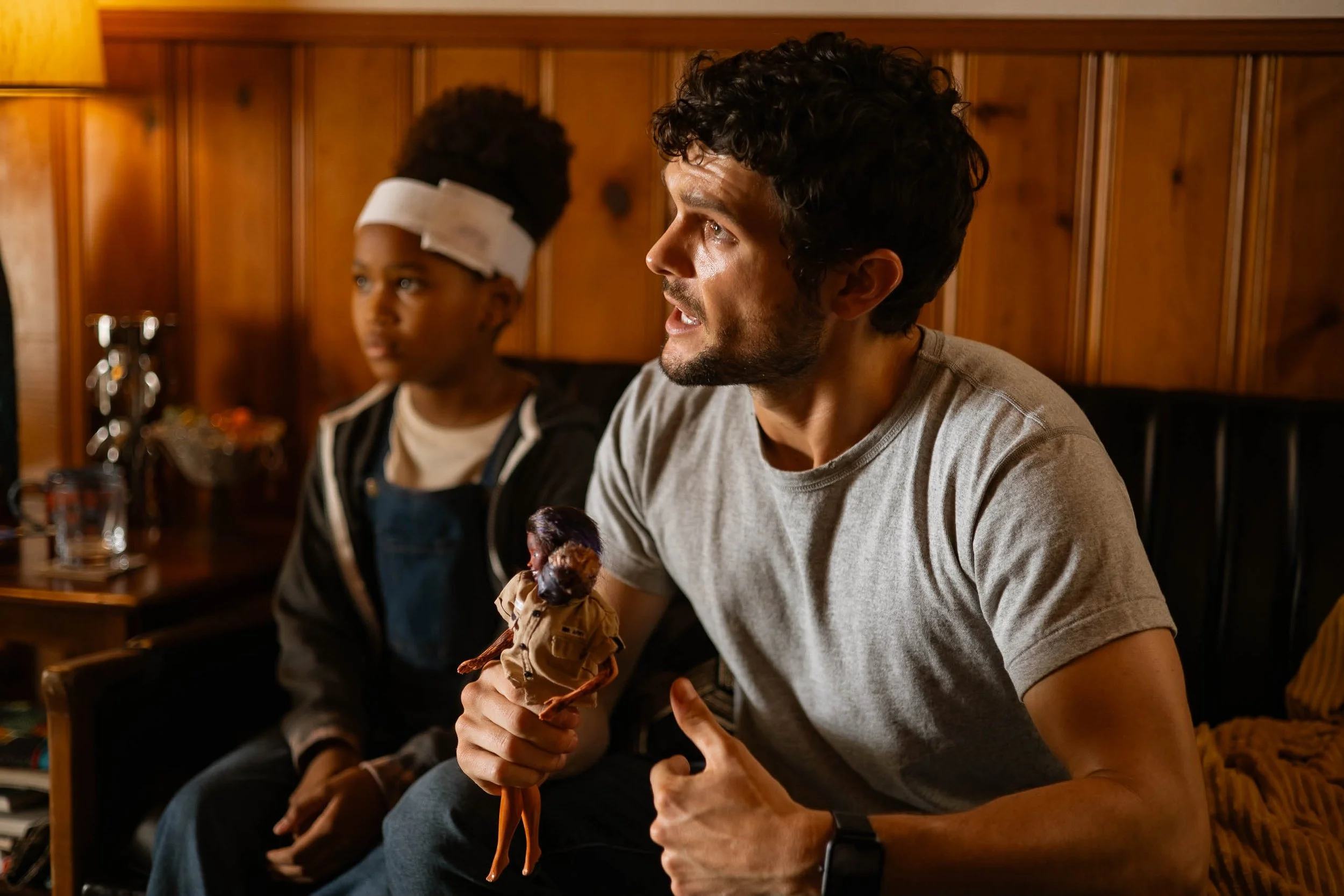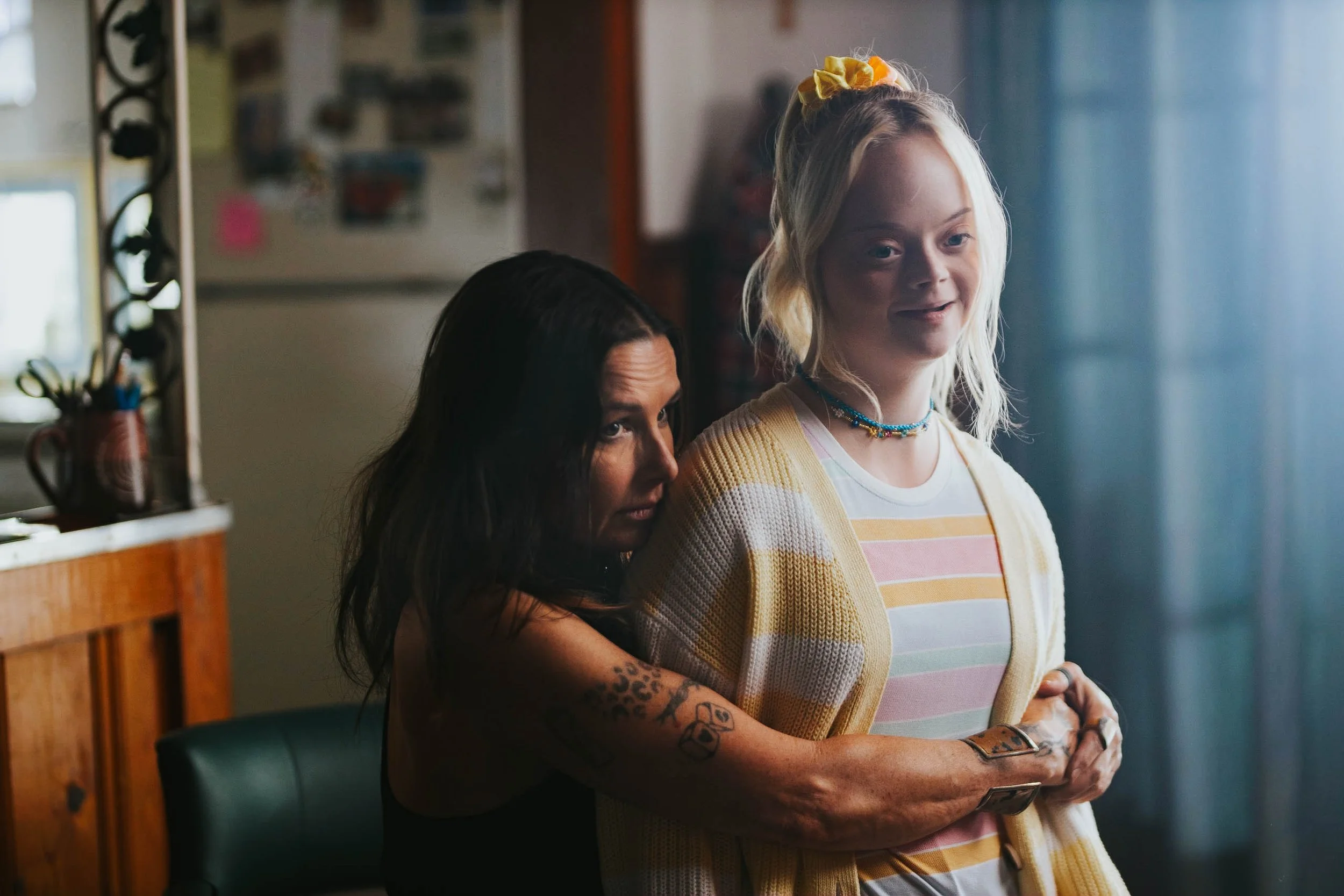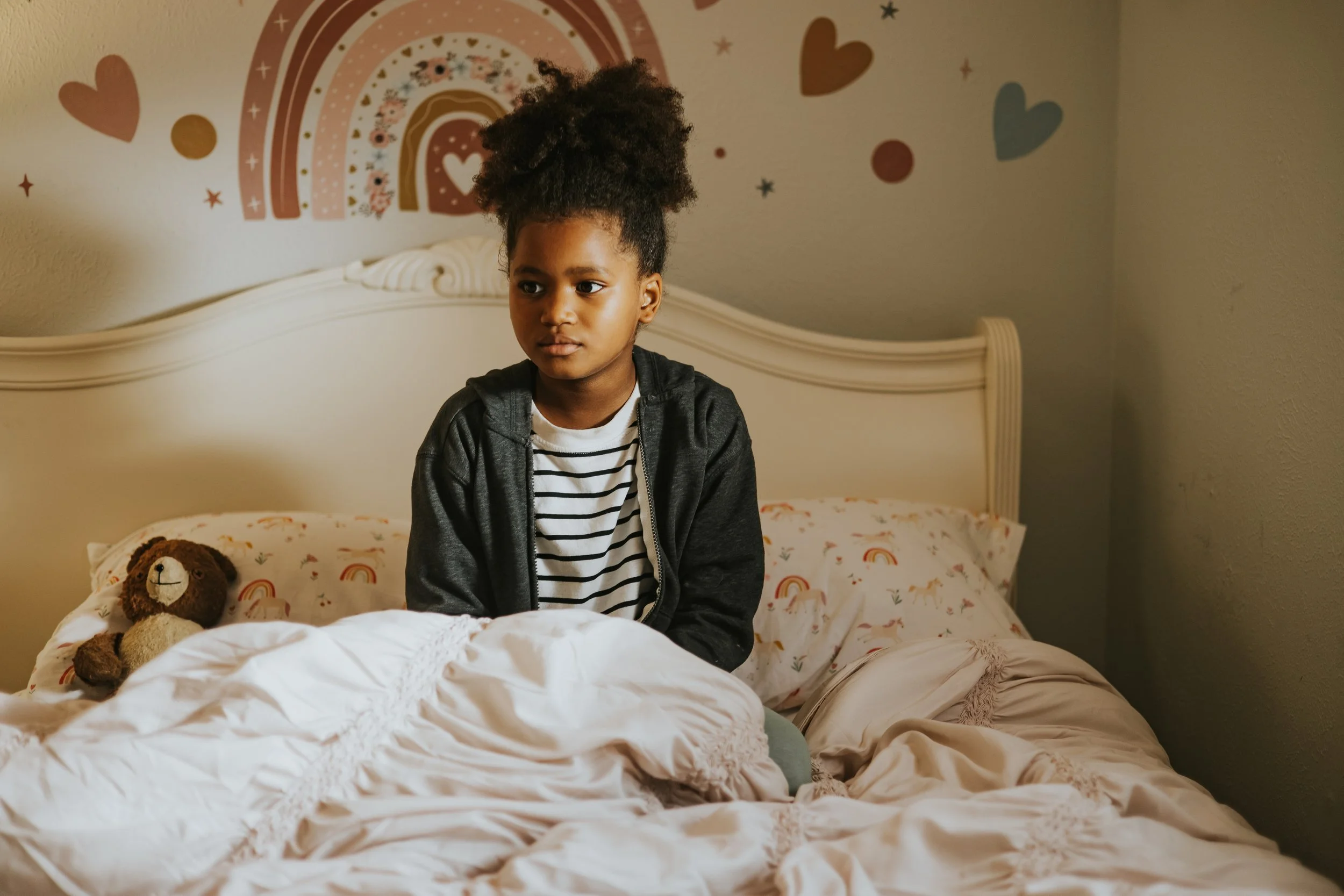When you hear the name Jeffrey Reddick, your mind likely jumps to the Final Destination franchise, a series that redefined horror for an entire generation. Paul Etheredge, meanwhile, is celebrated in horror circles for Hellbent, a trailblazing queer slasher that dared to do something different when few others were. These two genre innovators have now teamed up for The Other, a chilling supernatural thriller hitting Digital and On Demand on June 13, 2025. And let’s be honest—neither of these creators gets the recognition they truly deserve.
It was a pleasure speaking with both of them. They're not only seasoned professionals, but also deep thinkers whose love for horror is sincere and richly informed. The energy and insight they bring to the table are unmistakable, and their latest collaboration reflects that.
At its core, The Other is a tale about a fractured family unit and the consequences of emotional disconnection. Robin and Daniel, desperate to become parents, adopt Kathelia—a mute orphan with an unsettling past. What begins as an attempt to build a family spirals into chaos as supernatural forces begin to manifest around them. A strange mold takes over the home, eerie visions plague Robin, and the child they hoped to save may be the key to something far darker.
The film doesn’t rely solely on scares. Its true horror lies in the breakdown of familial bonds, the desperation to feel whole, and the ways in which fear can turn even love into something monstrous. As the story unfolds, the tension between motherhood—both adopted and biological—and identity takes center stage, leading to a disturbing but poignant climax.
Paul Etheredge brings his unique vision to the film with a script and direction that are both deeply personal and unflinchingly dark. His career spans from working on Oliver Stone’s JFK to directing standout horror content for Sony and Shudder. With The Other, he returns to feature filmmaking, drawing on decades of experience across film and television to create a tightly woven, emotionally resonant horror story.
Jeffrey Reddick, already a legend in the horror community, plays a key role as a producer. With a long list of genre credits and the distinction of creating one of the most iconic horror franchises in modern history, his involvement ensures a level of polish and purpose often missing in lower-budget fare. Reddick’s continued commitment to telling inclusive, original stories is a driving force behind The Other’s impact.
Together, their collaboration offers something fresh—genre filmmaking that values character as much as it does scares.
The performances in The Other elevate the already compelling story. Olivia Macklin and Dylan McTee capture the nuanced dynamics of a couple at their breaking point. Young Avangeline Friedlander brings a haunting presence to Kathelia, a role that demands subtlety and strength. Lily D. Moore offers one of the film’s most striking performances as Fiona, a clairvoyant child whose vulnerability and insight cut through the darkness. Genre veteran Shawnee Smith adds gravitas, reminding audiences why she remains a standout in horror.
The supporting cast, effects, and production design all contribute to an atmosphere that’s both eerie and grounded—exactly what modern supernatural horror should strive for.
There’s a lot of horror content out there, but The Other manages to feel distinct. It's a film that challenges traditional ideas of family and identity while delivering on tension and genre thrills. It asks unsettling questions: What happens when our deepest desires are fulfilled in the worst possible way? What do we do when the lines between love and fear blur?
Talking with Reddick and Etheredge reaffirmed how much thought and care can still go into horror. These are creators who respect the genre and know how to use it to explore difficult, often uncomfortable truths.
In an industry often dominated by remakes, sequels, and formulaic scares, The Other stands out. It’s a welcome reminder that horror can still be original, emotional, and unafraid to go somewhere new. And its creators—two underappreciated but essential voices in horror—deserve all the recognition they can get.
Jessie Hobson





